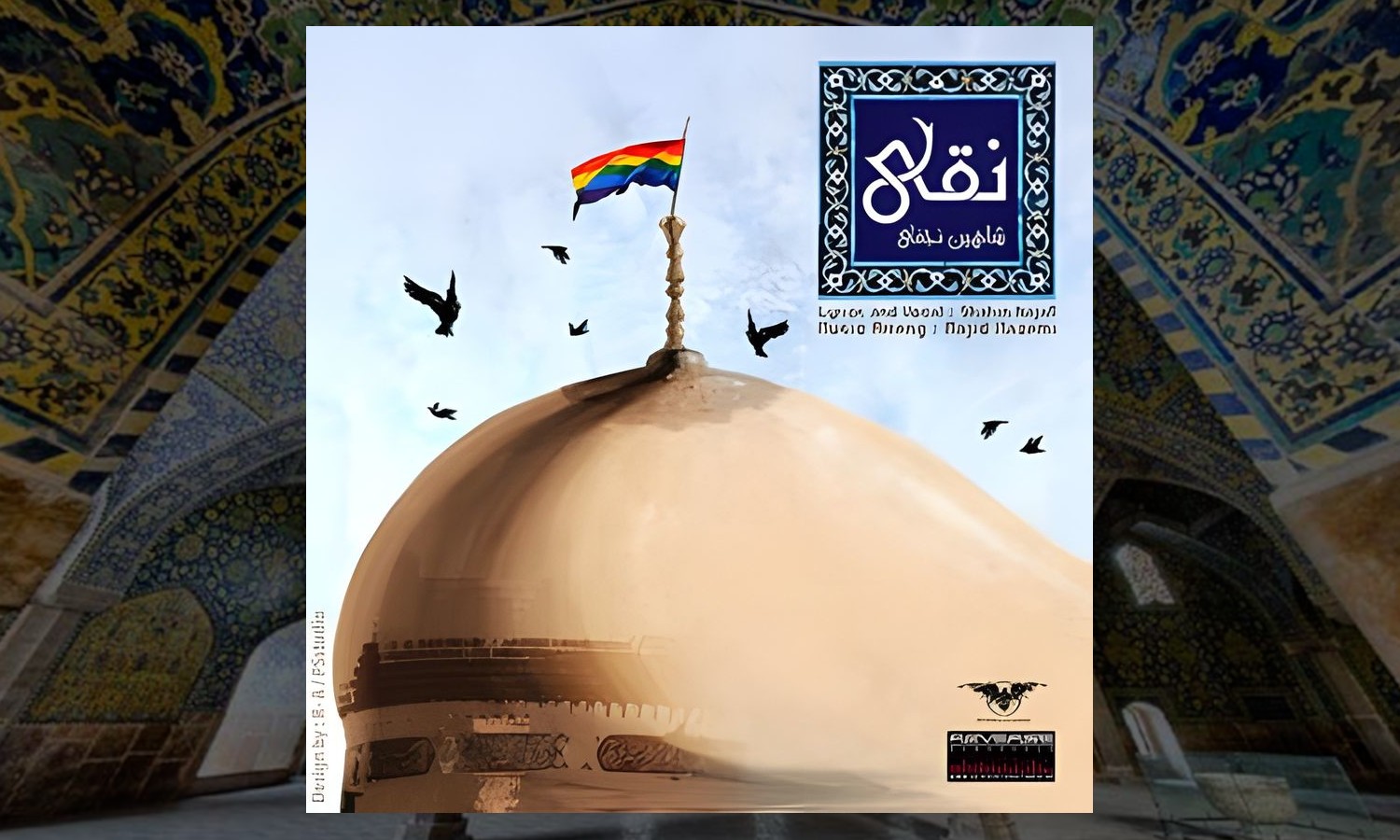The special representative of the president for clerics and mosques in Iran recently made a statement, unveiling a concerning fact that around 50,000 out of the country’s 75,000 mosques have fallen into disuse.
This statistic indicates a significant decline in religious adherence among the population of Iran, particularly in terms of traditional practices like attending mosques. Within Islam, visiting the mosque holds great importance. Iran’s population will soon exceed 90 million, of which 21 million people are under 35 years old.
The Islamic regime attributes turning away from religion, to media propaganda. However, it is crucial to note that Iran lacks freedom of speech, freedom of political parties, and freedom of association and union. Censorship is strictly enforced in Iran. A specific narrative of Islam dominates all aspects of human life, while an extreme form of gender apartheid is practiced.
It’s funny to see the authorities blaming Western propaganda alone for the growing disconnection from religion and opposition to the regime. But this perspective ignores the actual situation. In this authoritarian world, people lack self-awareness and the right to vote. So, suppose they aren’t influenced by Islamic propaganda. In that case, there must be a conspiracy! Reducing skepticism towards religion, and the regime to just external indoctrination that denies people’s ability to think for themselves. They have their own experiences and thoughts. The authorities’ dismissal of other factors like an attempt to keep control over a narrative that’s slipping away.
To better understand the purpose behind the definitions provided by those who claim Iran is an Islamic society, it is important to establish clarity. The prevailing Western perception of an Islamic society portrays devout Muslims who strictly adhere to Islamic principles, engaging in prayers, fasting, and forming their opinions based on religious texts. This image assumes that an Iranian citizen, for instance, is a devoted follower of clerics, vehemently offended by an unveiled individual on the streets, disapproving of Western music, abstaining from alcohol and pork, and so on.
However, it is crucial to acknowledge that Iran does not fit this definition of an Islamic society. This stereotype is an oversimplified and clichéd portrayal created by the West itself, attempting to comprehend societies beyond its own reach. It is not an independent and accurate benchmark. In Iran, just as Christianity influences the thinking and disposition of certain individuals in countries like Italy or Ireland, Islam undoubtedly influences the mindset of some Iranians. The religious culture, along with its centuries-old legacy, impacts people’s behaviors, prejudices, and even their perceptions of one another. Nonetheless, this influence is also evident in countries like Italy, Ireland, and France, despite their commitment to secularism. One could argue that these nations are also Christian societies. However, a French person would likely assert that France is not a Christian society, although Christianity has played a role in its history. Similarly, Islam holds significance in Iran. For instance, when one reads the works of Iranian poets, writers, and intellectuals, they encounter images of women influenced by Islam’s perception of femininity. The cultural emphasis on pleasure, sorrow, fascination with misery, death, and martyrdom also draws from Islamic influence.
However, when the West refers to an Islamic society, it implies a society in which Islamic principles and regulations are deeply internalized and inherent to its people. On the contrary, we contend that Islam has been imposed upon the people of Iran through a political process involving prisons, massacres, arrests, and the presence of Hezbollah henchmen. Iran cannot be classified as an Islamic society because it was not one prior to their arrival. Moreover, the people have resisted and defended themselves against such impositions.
Photo: “Naqi” is a rap style song with a satirical criticism of the social and political situation in Iran, sung and written by Shahin Najafi, which was released 12 years ago. This song was met with different reactions, and the authorities considered it an “insult to the sacred” and some others mentioned it as an example of “freedom of expression and breaking taboos”. Shahin Najafi was threatened with death for performing this song.














What you think?